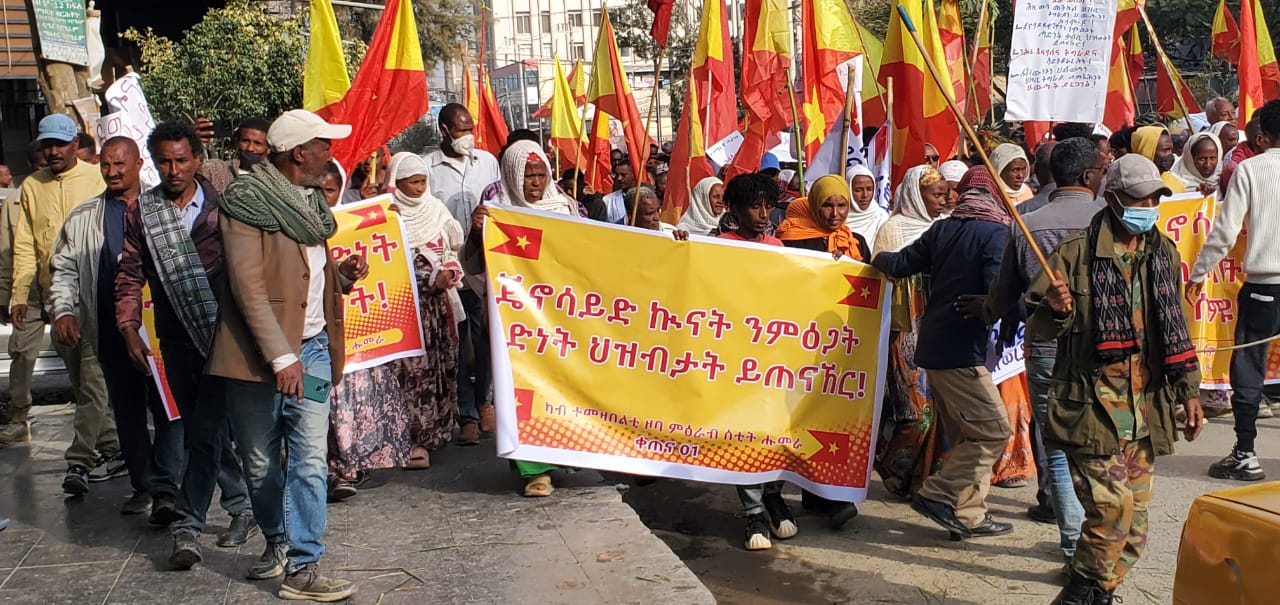By ALEXANDER GEBREEGZIHER
Amnesty International on Monday Urged the Ethiopia government to immediately pause the Corridor Development Project (CDP), an ongoing urban development project across at least 58 cities.
The rights organization Urged a halt to the project until a human rights impact assessment is conducted and those forcibly evicted are provided with effective remedy, and safeguards are implemented to ensure any evictions comply with international human rights standards.
Ethiopian authorities have “failed to adequately consult with affected communities, provided insufficient notice, and none of the people reported receiving compensation,” Amnesty said in their report.
The international NGO urged a pause in evictions and suspension of the project “until a human rights impact assessment is conducted.”
The scale of the evictions is “unprecedented in Ethiopia,” the report said, adding the mass evictions are creating a climate of fear among millions of residents in different cities who are “uncertain if they will be the next to be displaced.”
Amnesty interviewed 47 families who were evicted in Addis Ababa between January and February of this year. All requested anonymity, citing security reasons.
Family members told Amnesty that only a week after a public meeting, local officials came to their doors, “asking them to leave their homes within three days and warning them that their homes would be demolished.”
“The 47 respondents stated that their homes were demolished within 24 to 72 hours after officials delivered the door-to-door notice,” Amnesty said, with families forced into rental properties on the city’s outskirts.
“My child is suffering because his school is now too far,” said one parent, saying they were grappling with mental health issues as their social lives had been “ruined.”
“Life has also gotten expensive due to additional transport and house rent costs,” said another.
Amnesty International observed the demolition of 29 hectares of densely populated areas in Bole and Lemi Kura sub-cities in Addis Ababa between November and February using satellite imagery.
The total number of victims in the two sub-cities is not known exactly, but it is estimated to be in the thousands.
Amnesty International included in the report that it had sent its initial investigation results to the Ethiopian government and had not received a response.
Two journalists contacted by Amnesty also said they were “victims of harassment” when they attempted to report on the corridor work.
International partners “should engage Ethiopian authorities to end forced eviction with no further delay,” Amnesty researcher Haimanot Ashenafi told AFP.
Authorities in Ethiopia, home to some 130 million people, are regularly criticized by global organizations and NGOs for human rights abuses and the repression of dissenting voices.
Public discontent is increasingly growing in Ethiopia over rising gross human right violations under Prime minister Abiy Ahmed regime who is in power since 2018.



